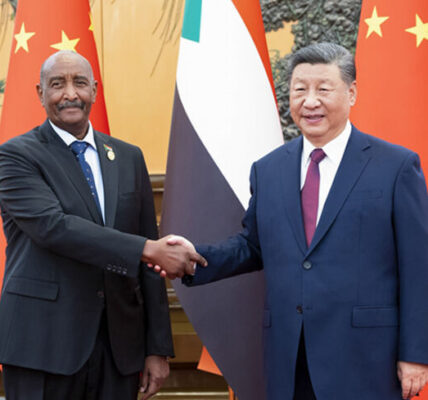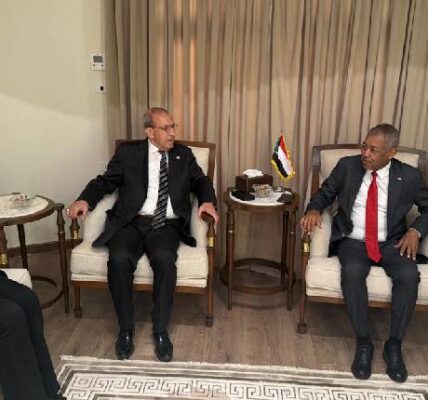The Hadandawa tribe of Eastern Sudan remains strongly attached to its cultural heritage, particularly its marriage customs, which are designed to preserve both lineage and honor. Anthropologist Amal Hasaan Fadalla, a University of Khartoum graduate, explores these practices in her book Honor, Fertility, Foreignness and Regeneration in Eastern Sudan, highlighting how marriage is deeply tied to social responsibility and community values.
A central feature of Hadandawa weddings is the tradition known as Al-Sinkab, where women from the groom’s family prepare decorated palm leaf packages as part of the marriage procession. The caravan, accompanied by singing, ululation, and blessings, delivers the packages to the bride’s tent before they are placed at the entrance of the new marital home.
Despite the elaborate celebrations, Amal notes that gender inequality is deeply rooted in these customs. A woman’s worth is often measured by her fertility, with preference given to male children. Early pregnancy and the birth of a son secure a wife’s position, while infertility or bearing daughters may result in divorce or polygamy.
The Hadandawa also differentiate in the treatment of newborns: the placenta of a boy is honored and hung on a thorny tree to ward off evil spirits, while that of a girl is simply buried nearby. Amal concludes that such practices reflect longstanding cultural attitudes toward women and fertility within the tribe.






